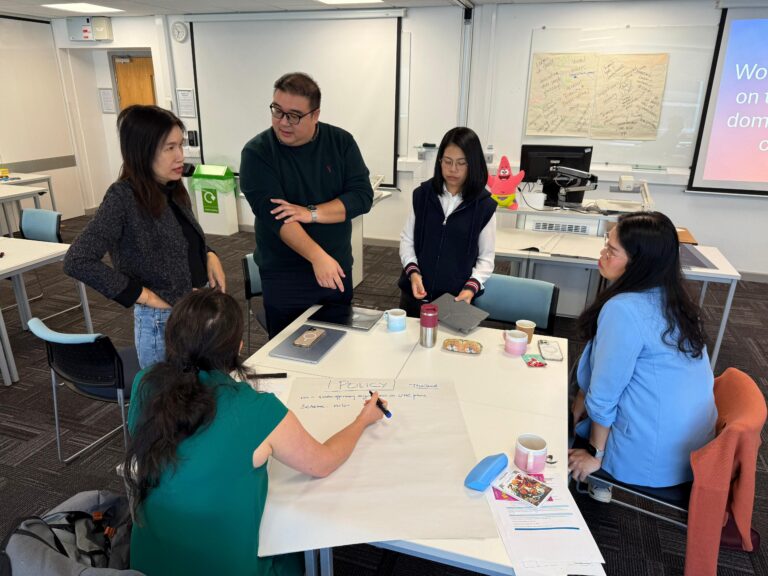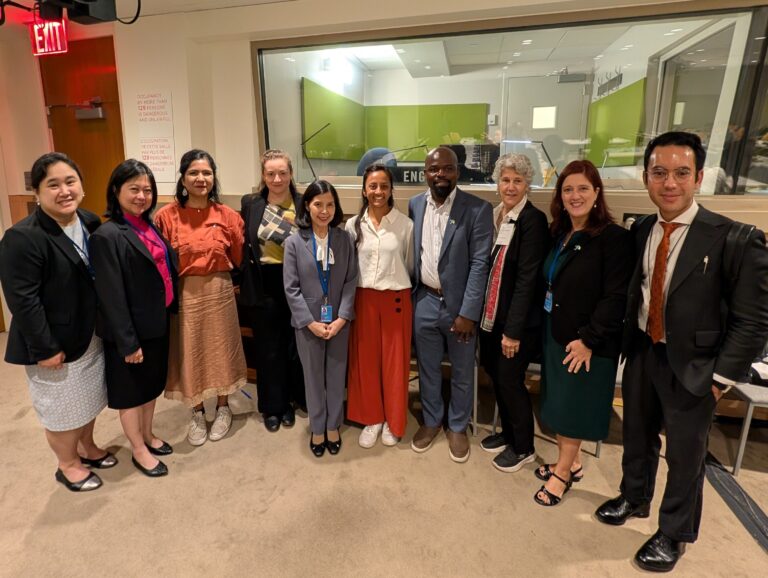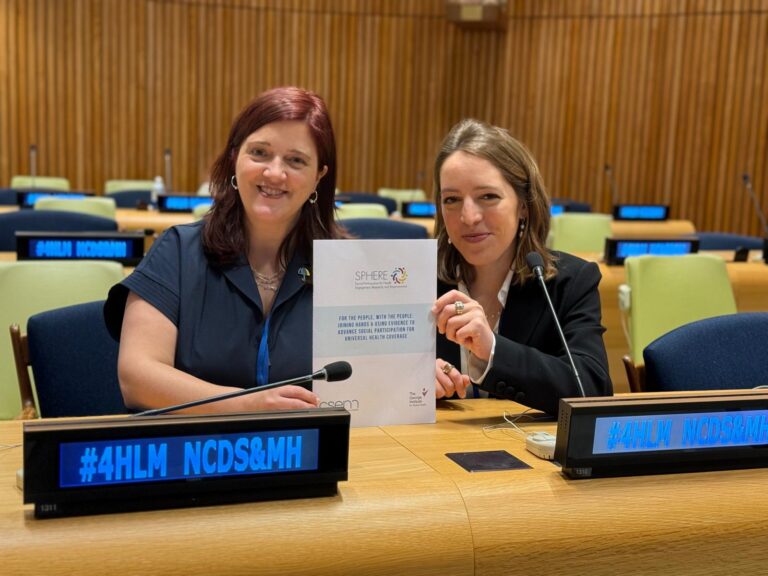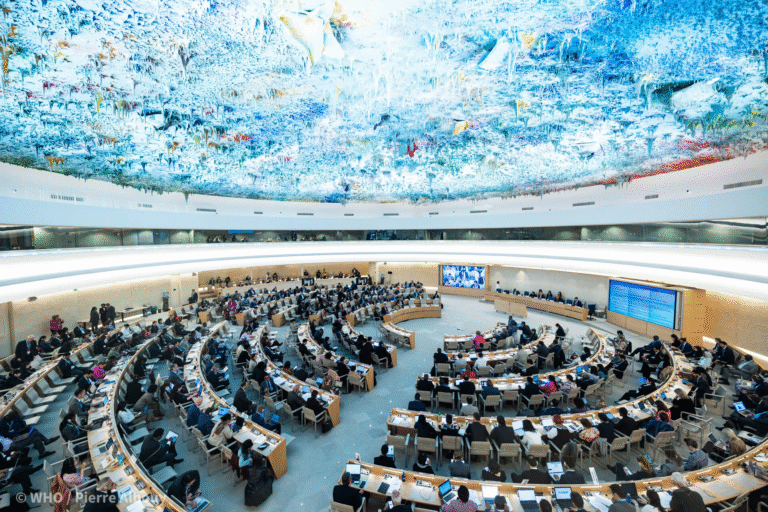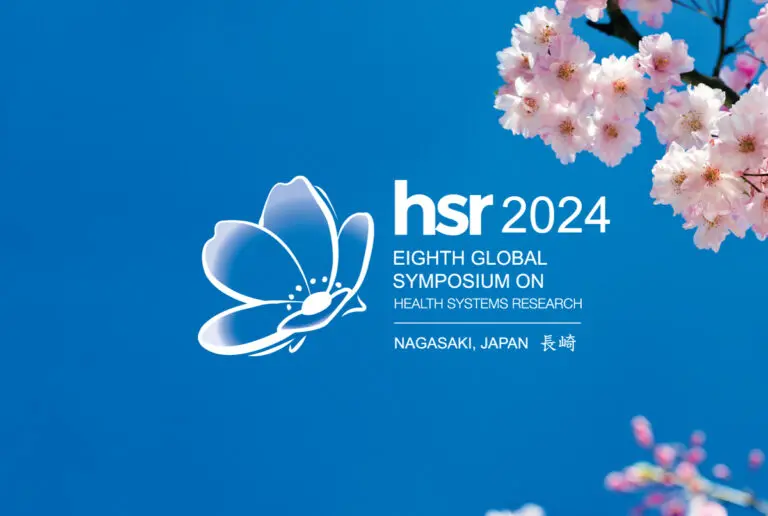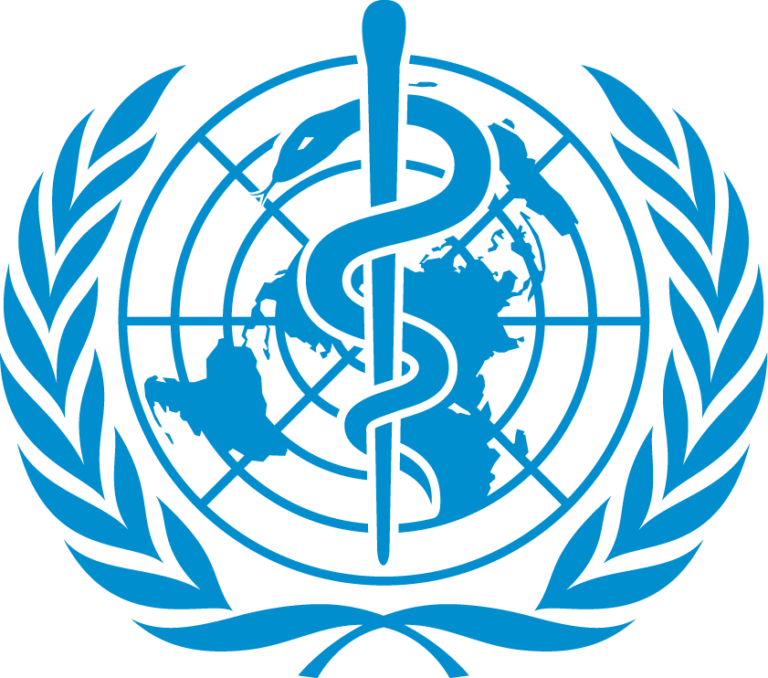September 2023 will see three UN High-Level Meetings take stock of progress towards key global health commitments: on Universal Health Coverage (UHC), tuberculosis (TB) and pandemic prevention, preparedness, and response (PPPR).
In preparation for the High-Level Meetings, the President of the General Assembly organized the two-day Multi-stakeholder Hearings on UHC, TB and PPPPR, which took place on May 8th and 9th. A range of stakeholders—including but not limited to Member States and local government representatives, non-governmental organizations (NGOs), academia, private sector, and communities—participated, calling for the government actions they believe should be prioritized. The perspectives and priorities of these stakeholders will inform the “zero drafts” or first attempts of the 2023 Political Declarations on UHC, TB and PPPR; these drafts will be further debated and refined in consultations with Member States.
Hearing participants, including SPHERE members, reminded governments that progress depends on ensuring that policy and practice are shaped by community perspectives. They emphasized primary health care, accountability, multi-sectoral action, the rights of health care workers, equitable distribution of health resources, and the need for disaggregated health data, among other priorities.
These Hearings were an important opportunity for civil society and communities to share their lived experiences and best practices on the ground. Leandro Cahn, Executive Director of Fundación Huésped and a civil society representative on SPHERE, was invited to voice his statement during the Hearing on UHC.
The perspectives of SPHERE civil society members
In anticipation of the High-Level Meetings, we asked our civil society colleagues on SPHERE to elaborate on their hopes, priorities, and perspectives around health.
Fundación Huésped
Our partners at Fundación Huésped say that governments and the World Health Organization must include civil society and communities in governance processes, and practice accountability. Particularly, governments should cultivate spaces in which marginalized populations, such as LGBTQIA+ peoples (especially trans people), sex workers, people living with disabilities, and justice-system involved people, can communicate their needs and be effectively heard.
“Creating and sustaining participatory spaces, with the inclusion of different languages and approaches, might seem time consuming. But all the effort placed on ensuring adequate participation will be repaid through public policies that are more effective and reach the people they are targeted for.”
Moreover, at the High-Level Meetings, member states should articulate how their policies have been shaped by communities and persons with lived experience, and highlight the practices they are implementing to encourage inclusive, meaningful participation as programming advances. Global health security, UHC, and PPPR must be based on principles of solidarity and sustainability through rights-based, gender-inclusive and people-centered approaches.
“There can be no progress in the response to HIV without the effective and meaningful participation of communities to identify the barriers which limit their access to health systems, and design adequate responses to promote their inclusion. This applies also to the fight against TB, COVID-19, and other infectious diseases.”
Supporting Community Development Initiatives (SCDI) Vietnam
Our colleagues at SCDI Vietnam ask governments to increase investments from domestic resources to fund responses for TB, UHC, and PPPR. There should be specific investments for communities and civil society to participate in decision-making, monitoring, and accountability, including to track progress of the government commitments made in the three High-Level Meetings. The participation of stigmatized, underrepresented and disenfranchised groups, such as those affected by infectious diseases, ethnic minorities, people of diverse sexual identities and orientations, migrants, older folks, and marginalized youth, should be supported.
“Social participation can effectively address the social determinants of health. Governments, technical agencies, donors, and other decision-makers should ensure meaningful participation of civil societies and communities to overcome systemic barriers including poverty, undernutrition, overcrowding, poorly ventilated living and working environments, and stigma that limit access to TB prevention and care services.
Social participation is also of utmost importance for pandemic preparedness. Communities often serve as early warning and response systems for disease outbreaks. A strong community system can ensure that everyone and especially the most marginalized populations will be reached and supported.
Lastly, social participation can help to enhance the equity of UHC.”
Global context
In 2018, world leaders committed to ensuring that 40 million people with tuberculosis (TB) receive the care they need by the end of 2022, also agreeing to provide 30 million people with preventive treatment to protect them from developing TB. In 2019, world leaders re-committed to the implementation of Universal Health Coverage (UHC) by 2030.
There were small ‘wins’ for UHC in the years leading up to the COVID-19 pandemic, such as improved service coverage for infectious diseases at a global level. However, the number of people facing barriers to accessing services, and the incidence of people experiencing financial hardship upon receiving treatment and care, were increasing even before the pandemic, which has only compounded the barriers and has led to a higher incidence of foregone care, among other impacts. There are persistent inequities in service coverage and financial hardship, with communities experiencing marginalization and people living in lower-income countries facing grave disadvantage.
Pre-pandemic, global progress had also been made in the fight against TB. However, the COVID-19 pandemic has hindered and, in some cases, reversed this progress. Service disruption and other barriers have led the number of people with undiagnosed and untreated TB to rise, causing more TB deaths and a higher TB incidence. In fact, from 2020 to 2021, the incidence rate of TB increased by 3.6%, reversing gains that had been made in the 20 years leading up to the COVID-19 pandemic.
These devastating realities have led UHC, TB, and PPPR to be recognized as priority issues at the highest political level. As governments work to address them, communities must be meaningfully involved in health system decision-making, implementation, monitoring, and evaluation, including in relation to UHC, TB and PPPR. Their participation is essential for developing responsive, context-sensitive policies and programs that leave no one behind. As we await the High-Level Meetings, we are hopeful that the need for social participation in health policy decision-making will be platformed.
Learn more:
- Blog: SPHERE Statements for the UN Multi-stakeholder Hearings on UHC, TB and PPPR
- Global Tuberculosis Report 2022
- Tracking Universal Health Coverage: 2021 Global monitoring report
- Political declaration of the UN General-Assembly High-Level Meeting on the Fight Against Tuberculosis
- Political Declaration of the High-level Meeting on Universal Health Coverage “Universal health coverage: moving together to build a healthier world”
You can also visit our ‘Resources’ webpage.
Acknowledgements
We give thanks to Linh Thuy Nguyen of SCDI Vietnam, and Carmen Ryan, Kurt Frieder, and Leandro Cahn of Fundación Huésped, for sharing their insights. We also thank Emma Feeny and Claudia Batz of the George Institute for Global Health UK for their guidance and support in collating this piece.
